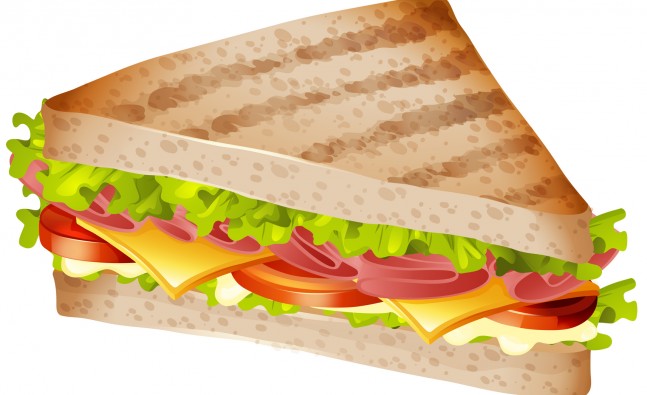How does salt affect weight?

If you are trying to lose weight, it helps to look at every aspect of your diet to check whether it is either helping or hindering your weight loss goals. Salt consumption may affect your weight in the short term, but not by adding body fat.
Your body needs salt, but not in the quantities it may be receiving it. Your body regulates its concentration of salt, or sodium chloride, in order to maintain an electrochemical gradient between the inside and outside of your cells. This gradient, called membrane potential, is controlled by ion pumps in your cell membranes that keep a concentration of sodium 10 times higher in the fluid outside your cells than it is inside. The proper membrane potential allows nerve impulses, muscle contractions and cardiac function to continue.
Apart from its effects on membrane potential, salt also maintains the volume of blood, which influences weight fluctuation. The concentration of salt in your body determines fluid volume outside your cells, including blood volume, as your body seeks to maintain homeostasis and dilute excessive salt concentrations by retaining water. Increased sodium retention thus results in an increase of water retention.
Your body stores excess calories as fat. Salt has no calories, so salt intake doesn't add to your percentage of body fat. Weight gain associated with salt intake is a measure of the water retained while your body seeks to dilute excessive salt concentrations. Thus, you may experience weight gain after eating foods that are high in sodium, but this is water retention rather than fat. If you want to find ways of lowering your salt intake, pay close attention to product nutrition labels to seek out hidden sources of this mineral.
-
10 Simple Dances To Help You Lose Weight Easily
Want to look slim and elegant? Is exercise and dieting not your cup of
-
Save calories by blotting fat and oil
-
Why are French women thinner than us?
-
Relaxation exercises also burns calories
-
15 Crazy Delicious Cauliflower Hacks to Help You Lose Weight
If we could hand out superlatives to our favorite veggies, cauliflower
-
The 3 Best Baked Goods for Weight Loss
Like many people, Gina Homolka started gaining weight in her twenties—
- DON'T MISS
- 7 Foods to eat for easy weight loss - #7 will surprise you
- Beans: Good for the heart and waistline
- You could win R1500 worth of prizes with TL© this September
- Everyday superfoods for a slimmer you
- These 7 Women Prove Its Possible to Make Weight Loss FUN
- Struggling with your weight? 5 Signs you may have a hormone imbalance
- Best and Worst Airlines for Food
- Breakfast Ideas to help you lose weight
- Snacking on These Foods Right Before a Meal Could Help You Lose Weight
- Fashionable Nutrition Myths: Get a six-pack in twelve weeks




